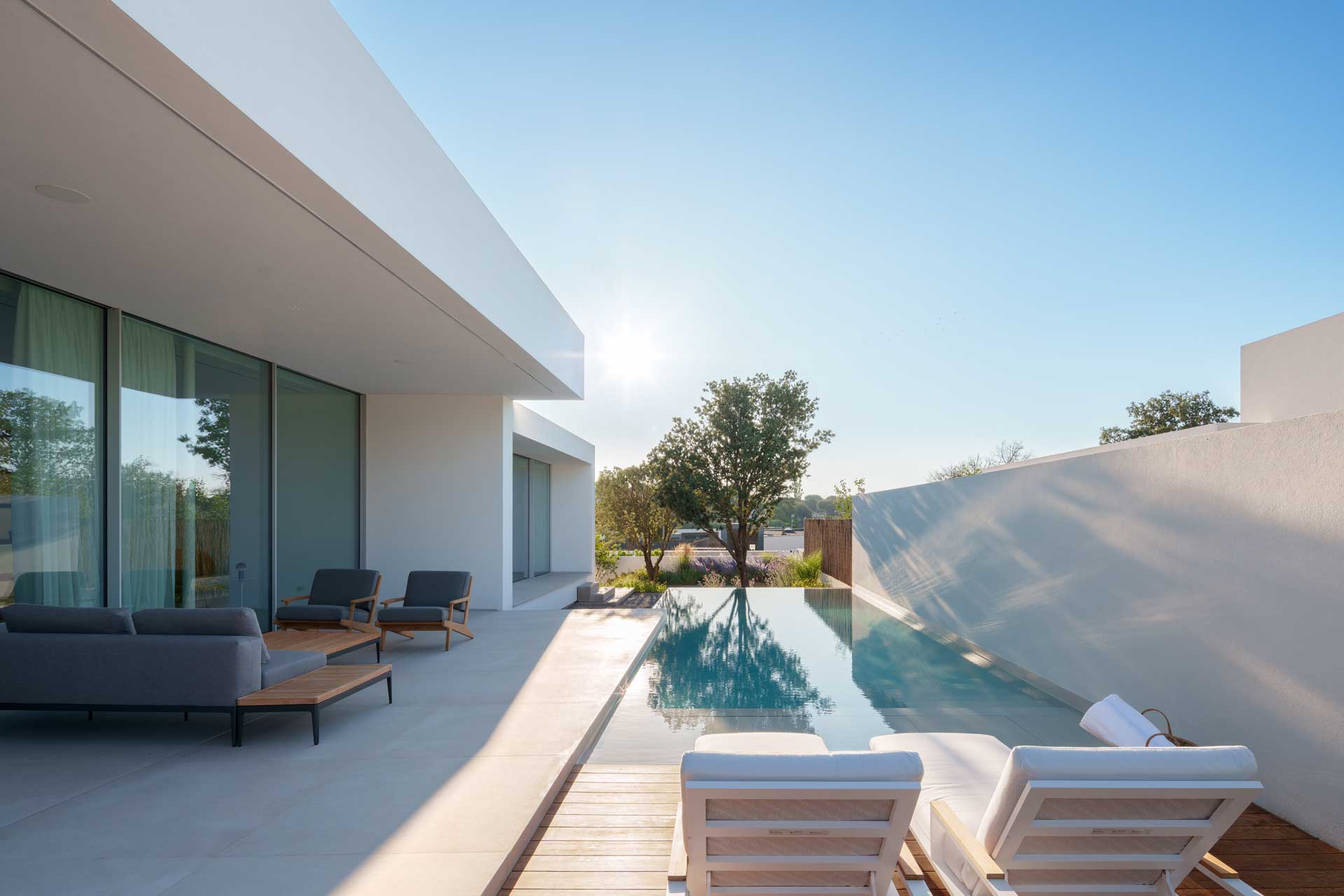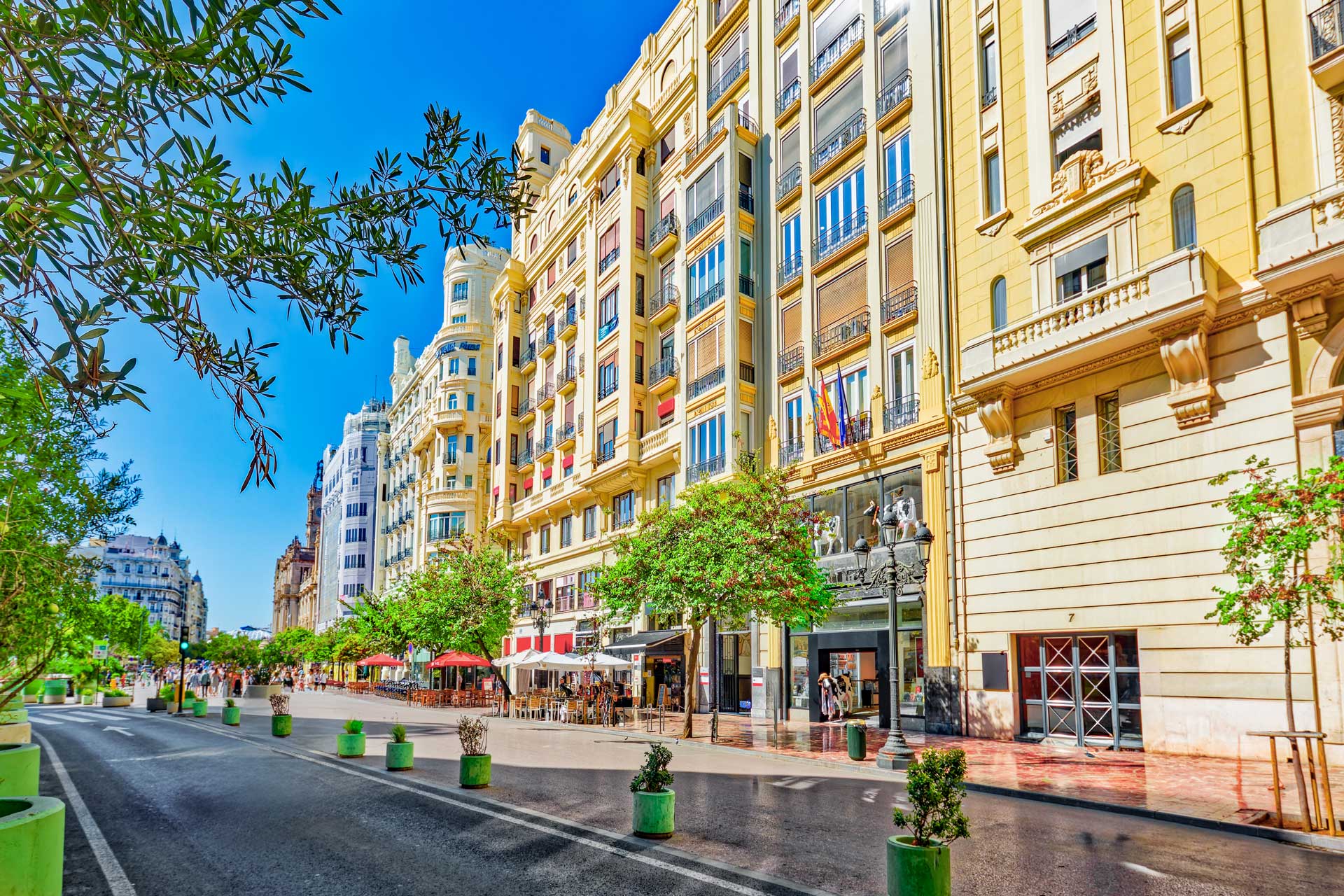When applying for a Spanish residency visa, one requirement often surprises new applicants: proof of accommodation. Whether you plan to move to Valencia, Madrid, or the Costa Blanca, a valid property purchase can serve as the cornerstone of your visa and long-term residency.
At Livin’Valencia, we’ve guided many international families, retirees, and professionals through this process. Home buying for Visa residency in Spain isn’t just an investment — it’s a key step in obtaining legal status and establishing stability in Spain.
Why property ownership matters for Spanish residency
For most long-term visas in Spain — such as the Non-Lucrative Visa, Digital Nomad Visa, or Family Reunification Visa — applicants must show they have a permanent place to live. This proof demonstrates genuine intent to reside in Spain.
Owning a property offers one of the strongest forms of accommodation proof. A properly executed public deed (escritura pública) or notarized purchase contract provides undeniable evidence of residence and financial commitment.
However, not all purchase documents qualify automatically. The timing of the transaction, registration, and deed delivery must align precisely with your visa submission. That’s where professional coordination becomes essential.
Understanding proof of accommodation for visa residency
“Proof of accommodation” (acreditación de alojamiento) means official documentation confirming you’ll have permanent housing in Spain once your visa is approved.
If you’re purchasing property, accepted documents usually include:
- A signed and notarized purchase deed (escritura pública) registered in your name.
- Or, in certain cases, a notarized private purchase contract with proof of deposit payment and pending registration.
Consulates will require these documents with your visa file, and local authorities will review them again when you register your address (empadronamiento) and apply for your residence card (TIE).
All addresses and personal details must match across every document — consistency is key.
Legal requirements for using a purchase as proof of housing
To ensure your property qualifies as valid accommodation for visa purposes, it must meet these conditions:
- The purchase must be complete and notarized, with you (and, if applicable, your spouse) as registered owner(s).
- The property must be habitable — either your primary residence or a legally occupiable home, not a project under construction.
- The address must match your visa application and TIE registration.
- You must provide a copy of the deed or nota simple showing ownership.
While some consulates accept a notarized arras contract (reservation agreement) as temporary proof, most require the final deed (escritura) at submission or shortly after approval.
Common visa types where property ownership applies
Property ownership can serve as proof of housing for several Spanish visa types:
- Non-Lucrative Visa (NLV): Demonstrates stable, long-term accommodation.
- Digital Nomad Visa (DNV): Confirms a physical residence in Spain for remote workers.
- Family Reunification Visa: The main applicant can use owned housing to prove sufficient accommodation.
- Golden Visa: Requires a minimum investment of €500,000 in property; ownership is the main visa basis itself.
For all other visas, the property must simply meet the same standards as a long-term rental — habitable, registered, and available for immediate use.
How we help you buy a compliant home for your visa
At Livin’Valencia, we know buying a home abroad involves more than choosing the right property — it’s about ensuring that the process supports your visa, timing, and legal security.
Our team coordinates your purchase and visa timelines in parallel, avoiding the common gaps that can delay or invalidate your application.
Here’s how we assist you step-by-step:
- Pre-purchase consultation: We assess your visa type, documentation needs, and preferred property profile.
- Property search: We identify homes that meet both your lifestyle goals and visa suitability (ready, habitable, and well-documented).
- Due diligence: We verify ownership, debts, habitation certificates, and municipal compliance before you sign.
- Legal coordination: We connect you with our trusted immigration and property lawyers to ensure your purchase documentation fits visa requirements.
- Timeline management: We track notary appointments and registration so your proof of ownership is ready when you need it.
This integrated method ensures your visa submission, property transaction, and residency registration proceed seamlessly.
Avoiding common mistakes when buying for visa purposes
Buying property in Spain for visa residency brings confidence — but also specific risks.
Here are some of the pitfalls we help you avoid:
- Incomplete purchases: Submitting an arras contract instead of a notarized deed when the consulate requires full ownership.
- Unregistered property: Delays at the land registry can affect timing for visa submission.
- Habitation certificates missing: A property without a valid cédula de habitabilidad may not count as a legal dwelling.
- Incorrect timing: Signing too close to your visa appointment, leaving no time to obtain official copies.
- Address mismatches: The property address on your visa, TIE, and empadronamiento must align exactly.
We monitor each detail — from reservation to notary — so your purchase supports your immigration goals rather than complicates them.
Buying remotely — how we support clients abroad
Most of our clients purchase property in Spain while still living overseas.
We make that possible through a transparent, carefully structured process:
- Initial consultation: Define your needs, visa requirements, and timeline.
- Property shortlist: We pre-screen suitable homes with complete legal documentation.
- Virtual visits: You attend viewings remotely while we provide full reporting.
- Offer and contract signing: All handled securely through your Spanish legal representative.
- Deed signing and registration: Finalized either in person or via power of attorney.
- Coordination with immigration lawyer: Ensuring all proof of ownership is properly submitted.
When you arrive in Spain, your home — and your visa paperwork — are already aligned and ready for the next steps.
Step-by-step timeline for a compliant move
Here’s how we align the purchase and residency process for our clients:
- Pre-move consultation: Clarify goals, visa type, and family situation.
- Property search and reservation: Begin at least 3–4 months before your visa appointment.
- Purchase and notary signing: Secure deed and ownership.
- Visa submission: Include notarized deed or ownership proof.
- Visa approval and travel: Move into your property.
- Arrival in Spain: Register address (empadronamiento) at your city hall.
- TIE application: Within 90 days, apply for your residence card.
By synchronizing both timelines, you remain compliant from the moment your visa is approved to your arrival and registration.
Why Valencia offers an advantage
The same legal framework applies nationwide, but Valencia provides a unique advantage for property buyers seeking residency:
- More affordable properties: Prices are significantly lower than in Madrid or Barcelona, allowing buyers to meet visa requirements with less capital.
- Diverse housing stock: From renovated city apartments to suburban villas, most homes meet habitation and ownership standards.
- Efficient notary and registry systems: Property deeds are typically registered quickly, supporting timely visa submissions.
- High quality of life: Excellent healthcare, international schools, and a balanced cost of living make Valencia a natural choice for relocation.
It’s one of the few Mediterranean cities where investing in property brings both emotional and practical rewards — a comfortable home and a secure residency path.
Relocating with pets
For many clients, moving with pets is non-negotiable. We assist with all logistics — from veterinary documentation and airline requirements to identifying properties with adequate outdoor space or flexible community rules.
In Spain, some communities restrict pets in shared buildings, so we verify this before you buy.
Valencia is one of the most pet-friendly regions in Spain, with beaches, parks, and veterinarians throughout the metro area. We ensure that every member of your family, including the furry ones, feels at home.
How to get started
Your property purchase is more than an investment — it’s the foundation of your legal residency and new life in Spain.
At Livin’Valencia, we combine visa coordination, property search, and transaction support into one transparent process. Whether you’re abroad or already preparing to move, our Visa & Housing Service ensures every document — from the notary deed to the registration certificate — aligns perfectly with your visa file.
Start with a Pre-Move Consultation, share your plans, and let us guide you step-by-step toward a secure home purchase and successful residency.
Conclusion – The right property opens the door to your new life
Buying a home for visa residency in Spain connects two major goals: stable housing and legal status.
When the process is handled correctly, your purchase becomes more than proof on paper — it becomes the foundation of your new chapter.
With expert support and careful planning, you can move to Valencia confidently, knowing every legal detail is in place — from your deed to your residency card.




